Keywords: Anthony Albanese
-

AUSTRALIA
- John Warhurst
- 25 June 2019
14 Comments
We are expected to believe that all those perceived Labor failures, plus the massive anti-Labor Clive Palmer campaign and the attraction of some positive Coalition policies, only shifted a little over one Australian in every hundred, though more in some states like Queensland and some individual seats. That analysis can't be right.
READ MORE 
-
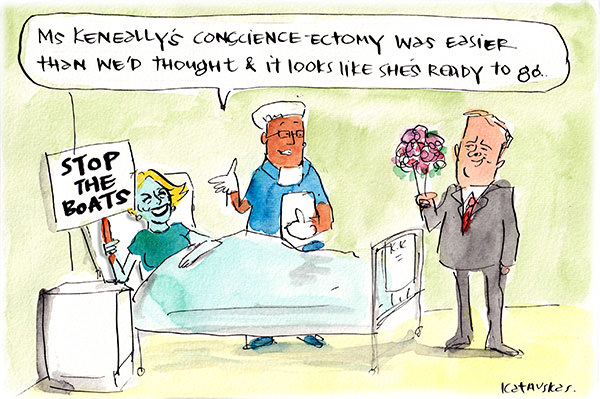
CARTOON
- Fiona Katauskas
- 04 June 2019
1 Comment
READ MORE 
-
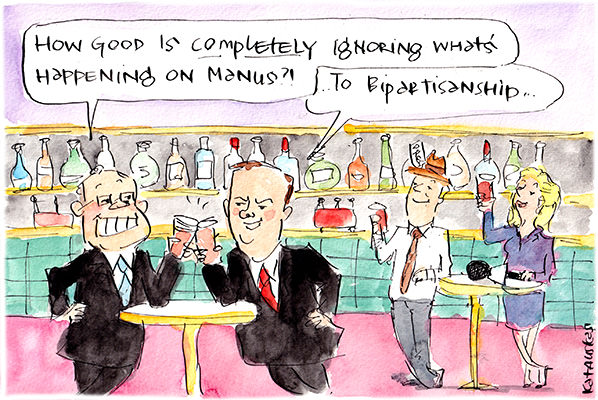
CARTOON
- Fiona Katauskas
- 28 May 2019
1 Comment
READ MORE 
-
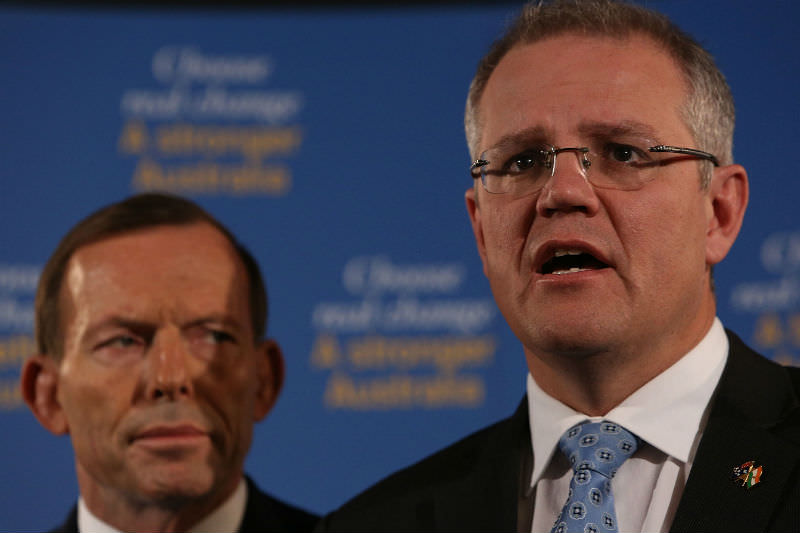
AUSTRALIA
- Frank Brennan
- 18 February 2019
26 Comments
We are all gearing up for the third election in a row when boat turnbacks and the punitive treatment of refugees and asylum seekers feature. It need not be so. It’s time voters sent a message that it should not be so.
READ MORE 
-
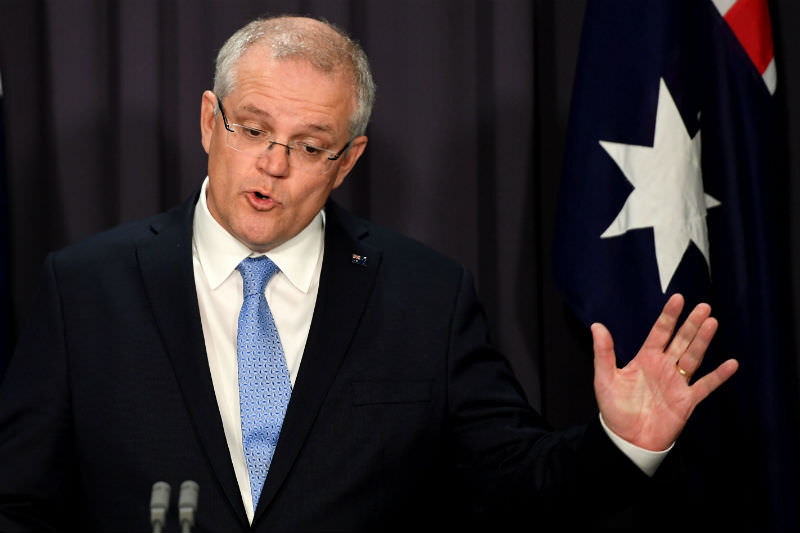
AUSTRALIA
- Eliza Berlage
- 18 January 2019
10 Comments
Entering an election year is like coming home for the holiday season. It's full of hope and hijinks but also promises and pain. And like every family, each party has its quirks. Hopefully a post-election Parliament will green light some meaningful reform to improve people's lives rather than always culture warring. But don't hold your breath.
READ MORE 
-
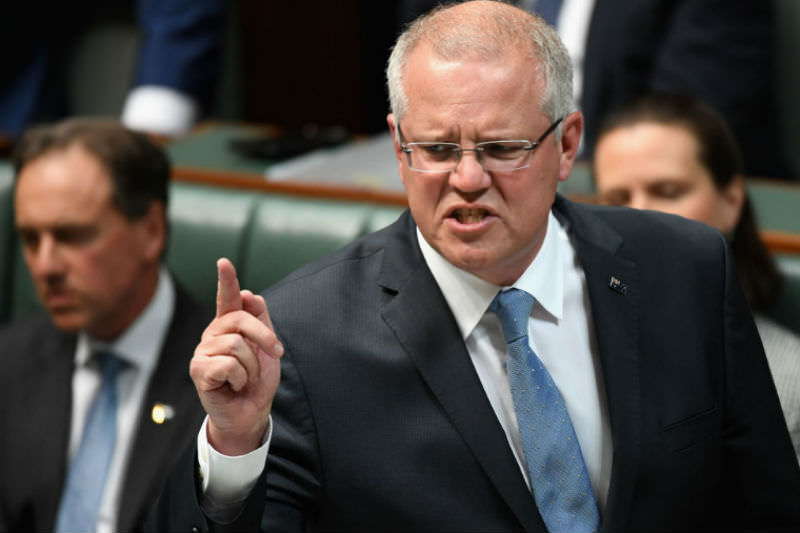
AUSTRALIA
- Jeff Sparrow
- 10 December 2018
12 Comments
Why do so many pundits decry the divisions in Canberra at a time when, objectively speaking, the parties have never been closer? The short answer is that they're responding to a genuine polarisation — not between Labor and Liberal but between both parties and the rest of society.
READ MORE 
-
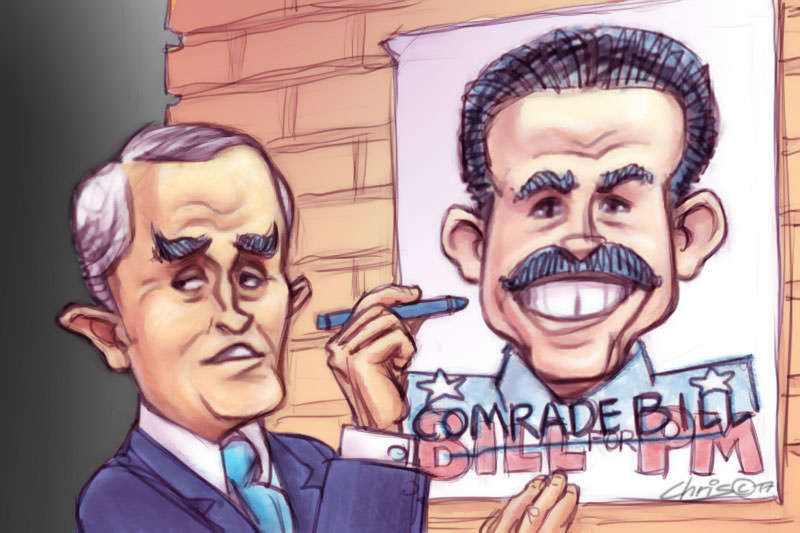
AUSTRALIA
- Evan Smith
- 01 September 2017
12 Comments
Earlier this year, Turnbull made a speech in London where he called for the Liberal Party to return to its ideological base as laid out by Sir Robert Menzies. Turnbull suggested that the Liberal Party under Menzies was the socially conservative party that many on the LNP's right wish it to be, but it seems that what the Liberals have taken from the Menzies era is a revival of anti-communist rhetoric.
READ MORE 
-
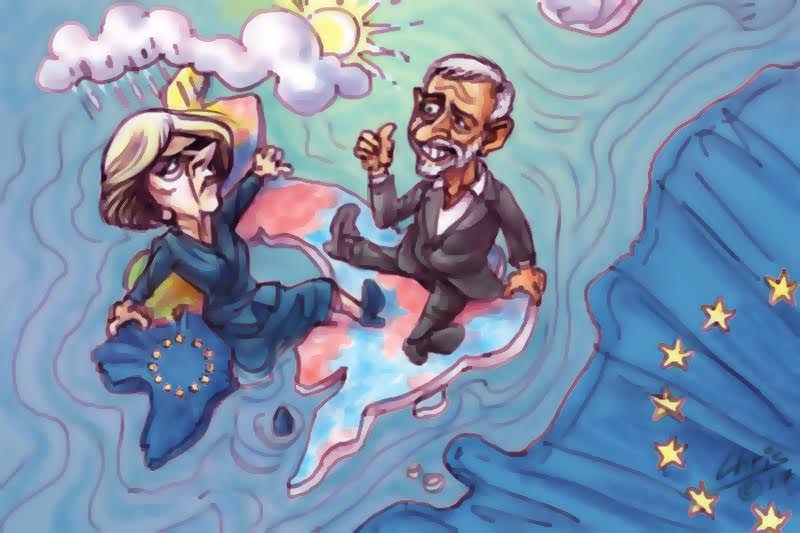
INTERNATIONAL
- Jeff Sparrow
- 09 June 2017
17 Comments
When Corbyn invoked the many against the few, he did so while advocating free education, the renationalisation of utilities and a break from the US alliance. By contrast, Blair coined the phrase in a speech where he urged listeners to put behind them 'the bitter political struggles of left and right that have torn our country apart for too many decades. Many of these conflicts have no relevance whatsoever to the modern world - public versus private, bosses versus workers, middle class versus working class.' We all know which version sits closer to Shorten's heart.
READ MORE 
-
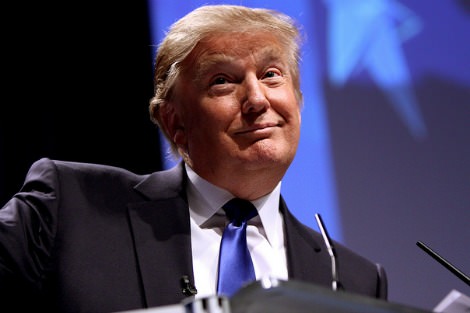
AUSTRALIA
- Fatima Measham
- 16 October 2016
12 Comments
Much has been made about how Republicans benefited from the 'birther' campaign and the Tea Party. It suited them to have proxies undermine the executive branch. In other words, the political right only has itself to blame for the nihilism which now engulfs it - and potentially, the nation. But the failures of the left also bear examination. While Clinton's current lead cannot be attributed entirely to her virtues, the polling gap between her and Trump should have been much wider, earlier.
READ MORE 
-
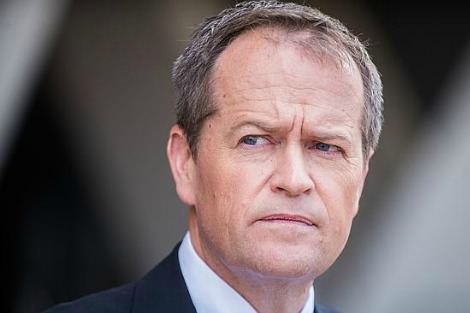
AUSTRALIA
- J. R. Hennessy
- 30 May 2016
4 Comments
Labor has built a small poll lead over the Coalition as led by the eminently more marketable Malcolm Turnbull, and in this case the commentariat are willing to give Shorten and Labor the credit. They're the ones controlling the policy conversation and setting the agenda, and it feels like the government are just responding in turn. Who is this Bill Shorten? This is someone who even a few months ago would be largely inconceivable in the top job, but now seems at the very least plausible.
READ MORE 
-
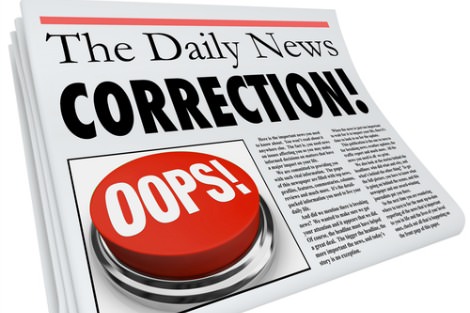
AUSTRALIA
- Brian Matthews
- 25 May 2016
6 Comments
Under election campaign pressure, some names have been misprinted. Mr Malcolm Ternble of Naracoorte wishes to point out that he has not made any public statements on negative gearing and is unsure what negative gearing means. The error was made by a Gen Y subeditor and should have read 'Prime Minister Malcolm Ternbull'. The Foreign Minister was cited as Ms Julia Bishop. The correct nomenclature is Ms Julia Bronwyn. Ms Bronwyn was inaccurately described as a part-time helicopter pilot.
READ MORE 
-
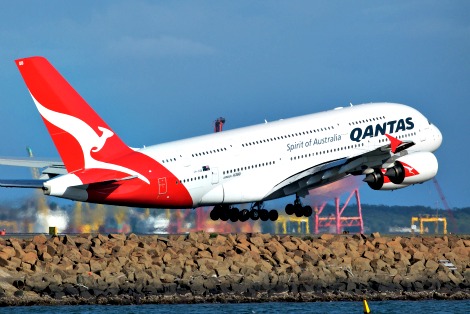
AUSTRALIA
- Michael Mullins
- 03 March 2014
10 Comments
In the face of the Federal Government's resolve to be unemotional in its attitude to financial assistance for Qantas, we have Bill Shorten warning us against 'waving goodbye to an Australian icon'. Underlying mention of Qantas as an 'Australian icon' could be the sentiment associated with the 1990s resurgence of nationalism and its racist undertones associated with Pauline Hanson.
READ MORE 